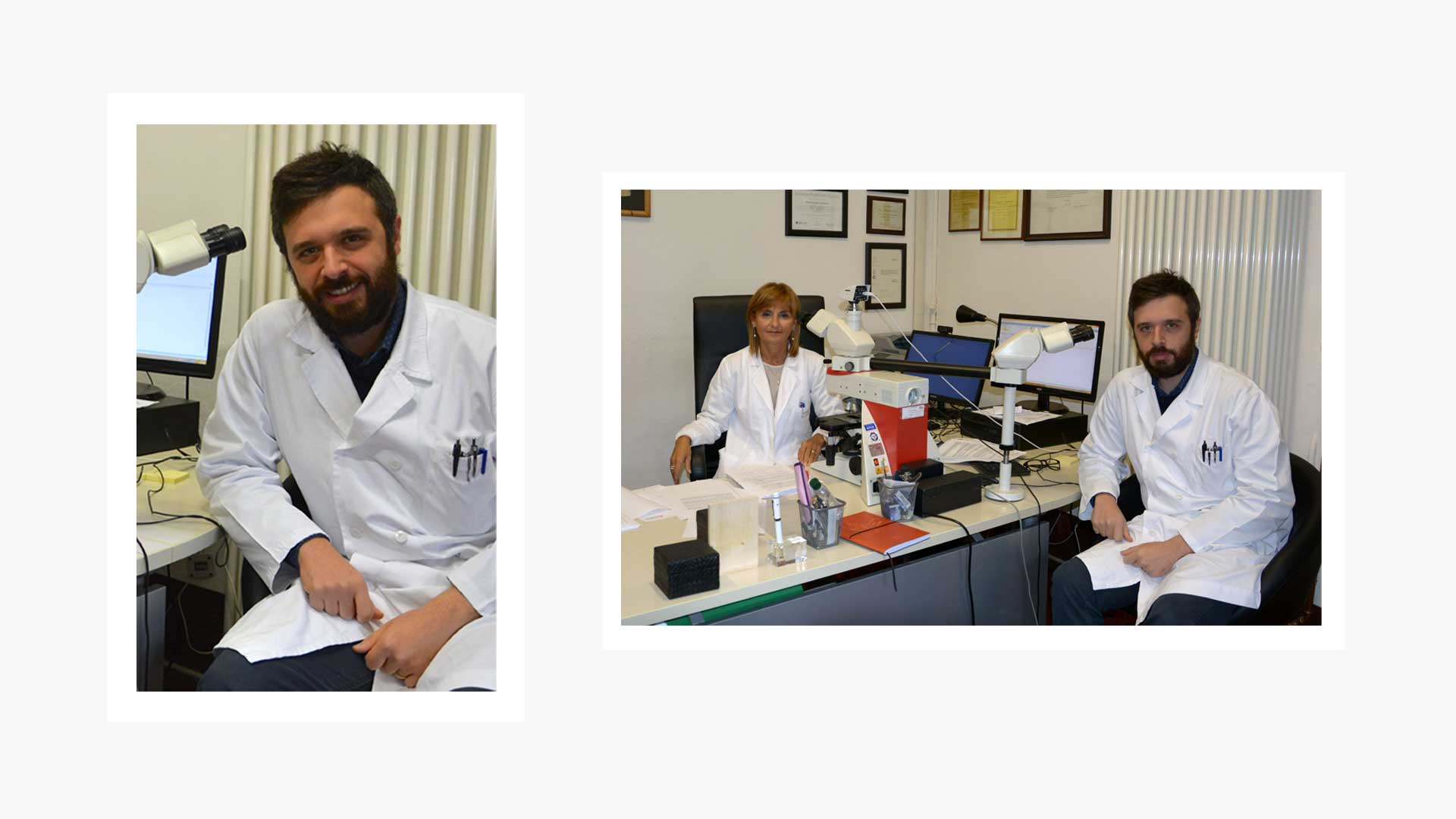Education
University and Scientific Research: our commitment to the country
Research grants, scholarships, support for chairs of excellence and innovation centers, the loan of honor per Merito: there are many tools with which our bank supports education.
The importance of school, education and training to give young people a future, and ultimately to give our country a future, is a concept on which everyone seems to agree and which is always present in institutional programs but which is often not supported by sufficiently incisive actions. The main international indicators say that the facts are problematic: high dropout rates, school programs that do not keep up with the evolution of society, insufficient teacher training, poor connections with the world of work, right down to the last step, that of resources for scientific research, which has always seen our country at the bottom of the European rankings.
In fact, to build people and citizens for tomorrow, resources are needed but also complex actions that require a strong commitment on the part of everyone.
Intesa Sanpaolo is at the forefront: we have implemented a series of initiatives in favor of the quality of the education system that we develop in close relationship with the school world (over a thousand institutions involved so far), universities (over the last two years we have confronted with over 25 rectors) and institutional, with meetings with the Minister of Education, University and Research.
In short, our attention goes to the entire universe of education, from primary school to lower and upper secondary schools to universities, masters, graduate schools and research doctorates. In particular, for the higher levels we offer scholarships to attend university and support for post-graduate training - masters and research doctorates - with tools such as per Merito, a loan without guarantees, on the sole condition of finishing all the exams, the restitution of which can start even two years after graduation.
Recently, to cope with the health emergency, we supported the research of some universities by setting up research grants. In fact, in the Universities of Padua, Milan, Cattolica di Roma and Calabria, four young researchers, thanks to our support, have been included in as many medical-scientific working groups that study Covid-19.
"We had to reach such a serious emergency scenario to understand the importance of research and raise public awareness: we have an extraordinary human capital but financial resources and structures are not up to par" - explains Fiorella Calabrese, full professor of the Department of Pathological Anatomy of the Department of Cardio-Thoraco-Vascular Sciences and Public Health of the University of Padua - "Fortunately we also receive support from individuals who believe in the value of our research: banks like Intesa Sanpaolo, some associations and pharmaceutical companies" .
His working group, thanks to the research grant issued by the University of Padua, now also makes use of the collaboration of Francesco Fortarezza, a young doctor specialized in pathological anatomy, who is studying lung lesions caused by the virus. "I saw the tender, I submitted my application and here I am at work," he says. "Understanding the lesions caused by the virus in the various organs is a fundamental element to be able to fight it".

We also support some chairs of excellence in four universities, Bocconi in Milan and Luiss in Rome, the European University Institute of Fiesole (Florence) and the Normale in Pisa. Finally, we have activated two partnerships with the Smact Competence Center, promoted by the University of Padua, and with the Bi-Rex promoted by the University of Bologna.
october 2020
Last updated 28 October 2020